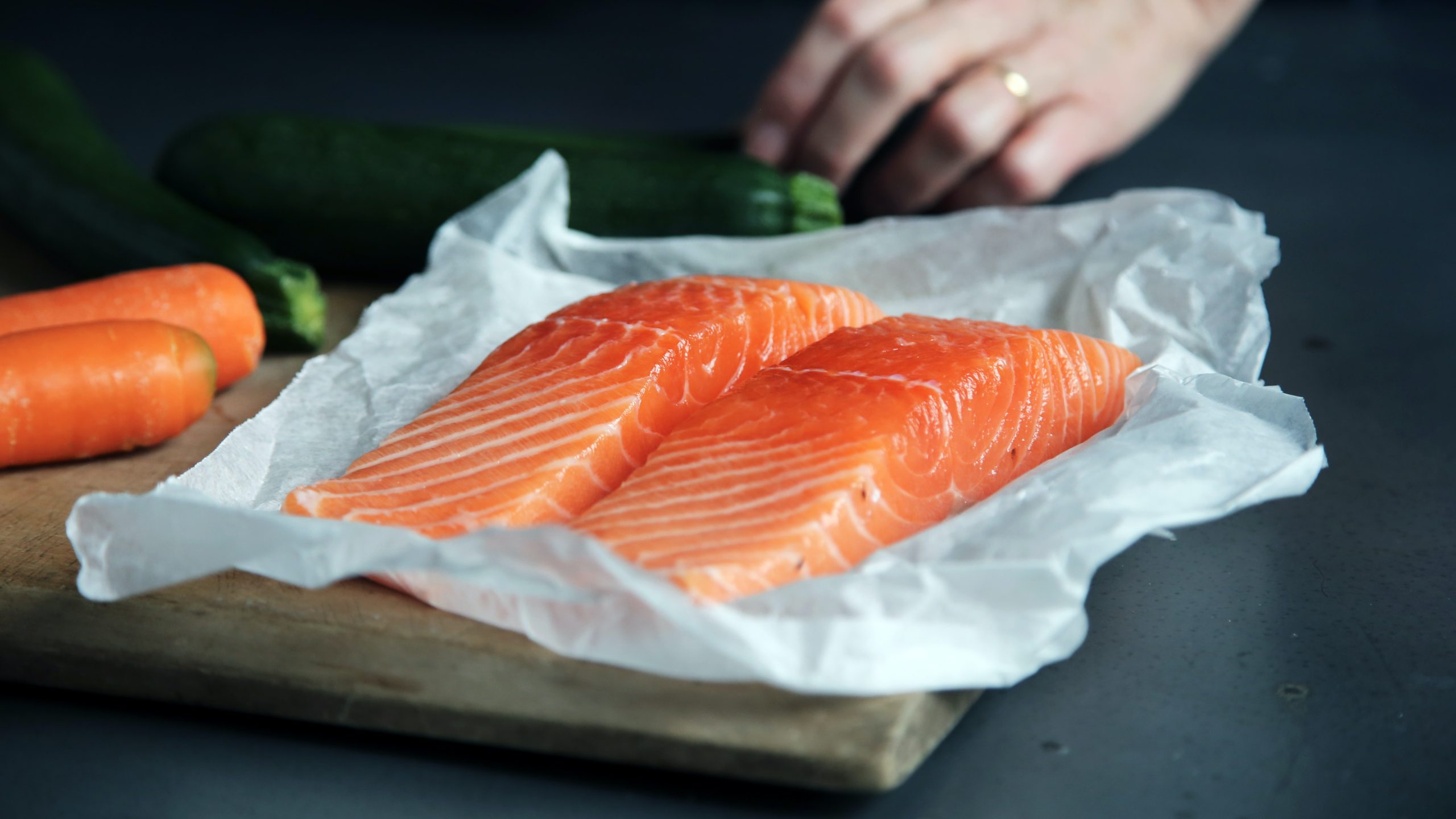Foods Rich in Omega-3: Unlocking the Benefits of this Essential Fatty Acid
Omega-3 fatty acids have gained significant attention in recent years for their numerous health benefits. These essential fats are not naturally produced by the body, which means they must be obtained through our diet. Incorporating foods rich in omega-3 into our meals can have a profound impact on our overall well-being. In this article, we will explore some of the best dietary sources of omega-3 fatty acids, along with their health benefits.
1. Fatty Fish:

Fatty fish, such as salmon, mackerel, sardines, trout, and tuna, are exceptional sources of omega-3 fatty acids. These fish are loaded with two crucial types of omega-3s: eicosapentaenoic acid (EPA) and docosahexaenoic acid (DHA). Both EPA and DHA play vital roles in brain health, reducing inflammation, and promoting heart health. Including fatty fish in your diet a few times a week can provide you with a substantial amount of omega-3 fatty acids.
2. Chia Seeds:
Chia seeds are tiny powerhouses of nutrition, packed with omega-3 fatty acids, fiber, protein, and various other essential nutrients. These versatile seeds can be easily added to smoothies, cereals, and salads, or used as an egg substitute in vegan recipes. Just one tablespoon of chia seeds contains a decent amount of omega-3s, making them an excellent plant-based source of this essential fatty acid.
3. Flaxseeds:
Flaxseeds are another fantastic plant-based source of omega-3 fatty acids. They are rich in alpha-linolenic acid (ALA), a type of omega-3 that the body converts into EPA and DHA, albeit not very efficiently. Grinding flaxseeds before consumption enhances their digestibility, allowing your body to absorb the beneficial nutrients more effectively. Add ground flaxseeds to your oatmeal, yogurt, smoothies, or baked goods to elevate their nutritional value.
4. Walnuts:
Walnuts are not only a delicious snack but also a great source of omega-3 fatty acids. These nuts provide a healthy dose of ALA, as well as other beneficial nutrients like antioxidants and polyphenols. Incorporating a handful of walnuts into your daily routine can contribute to your omega-3 intake while adding a satisfying crunch to your meals.
5. Hemp Seeds:
Hemp seeds are increasingly gaining popularity as a nutritious addition to various dishes. They are rich in omega-3 fatty acids, particularly ALA, and offer an ideal balance of omega-3 and omega-6 fatty acids. Sprinkle hemp seeds over salads, or yogurt, or blend them into smoothies to enjoy their nutty flavor and reap their nutritional benefits.
Conclusion:
Omega-3 fatty acids are vital for maintaining good health and well-being. Incorporating foods rich in omega-3, such as fatty fish, chia seeds, flaxseeds, walnuts, and hemp seeds, into your diet can significantly enhance your omega-3 intake. These foods provide the body with the essential fats it needs to support brain function, reduce inflammation, and promote heart health. By prioritizing these omega-3-rich options, you can take proactive steps toward improving your overall health and enjoying the benefits of these valuable nutrients.
